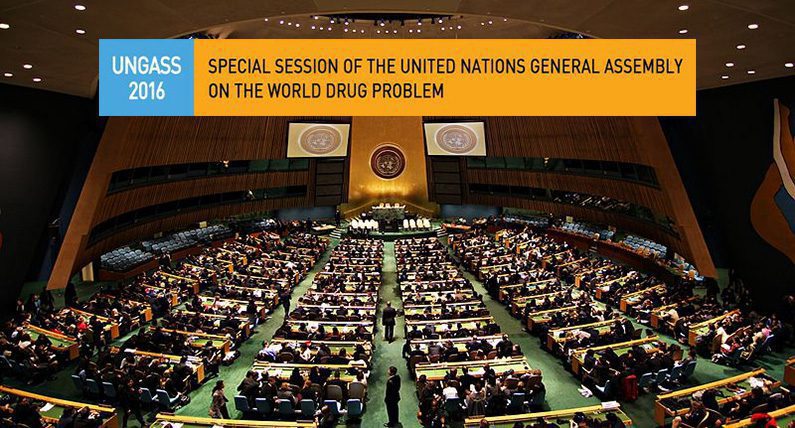
UNGASS 2016: Facing global politics on drugs
Pour: Roberto Kannabia Activisme
Kannabia Seed Company vend des graines d'amateur (collection) pour un usage personnel à ses clients. Sa germination et sa culture sont interdites. L'acheteur s'engage à consulter la législation en vigueur dans son pays de résidence pour ne pas encourir l'exercice d'une activité illégale.
 Livraison gratuite rapide
Livraison gratuite rapide Péninsule Ibérique expédition express
0€ Commandes supérieures à 60 €
*6€ commandes inférieures à 59€
Europe de l'Est, de l'Ouest et du Sud expédition express
0€ Commandes supérieures à 150 €
*18€ commandes inférieures à 149€
Livraison express Europe du Nord
0€ Commandes supérieures à 160 €
*20€ commandes inférieures à 159€
Irlande, Norvège, Royaume-Uni expédition normale
0€ Commandes supérieures à 60 €
*6€ commandes inférieures à 59€
Reste du monde expédition normale
0€ Commandes supérieures à 180 €
*25€ commandes inférieures à 179€
Les frais d’expédition peuvent être confirmés dans votre panier.
Pour des méthodes d’expédition supplémentaires, veuillez contacter info@kannabia.com.
 Coupons
Coupons 

*Votre coupon vous sera envoyé par e-mail.
 Service client
Service client 
*Si vous avez des questions, des commentaires ou des commentaires, n’hésitez pas à nous contacter ????.